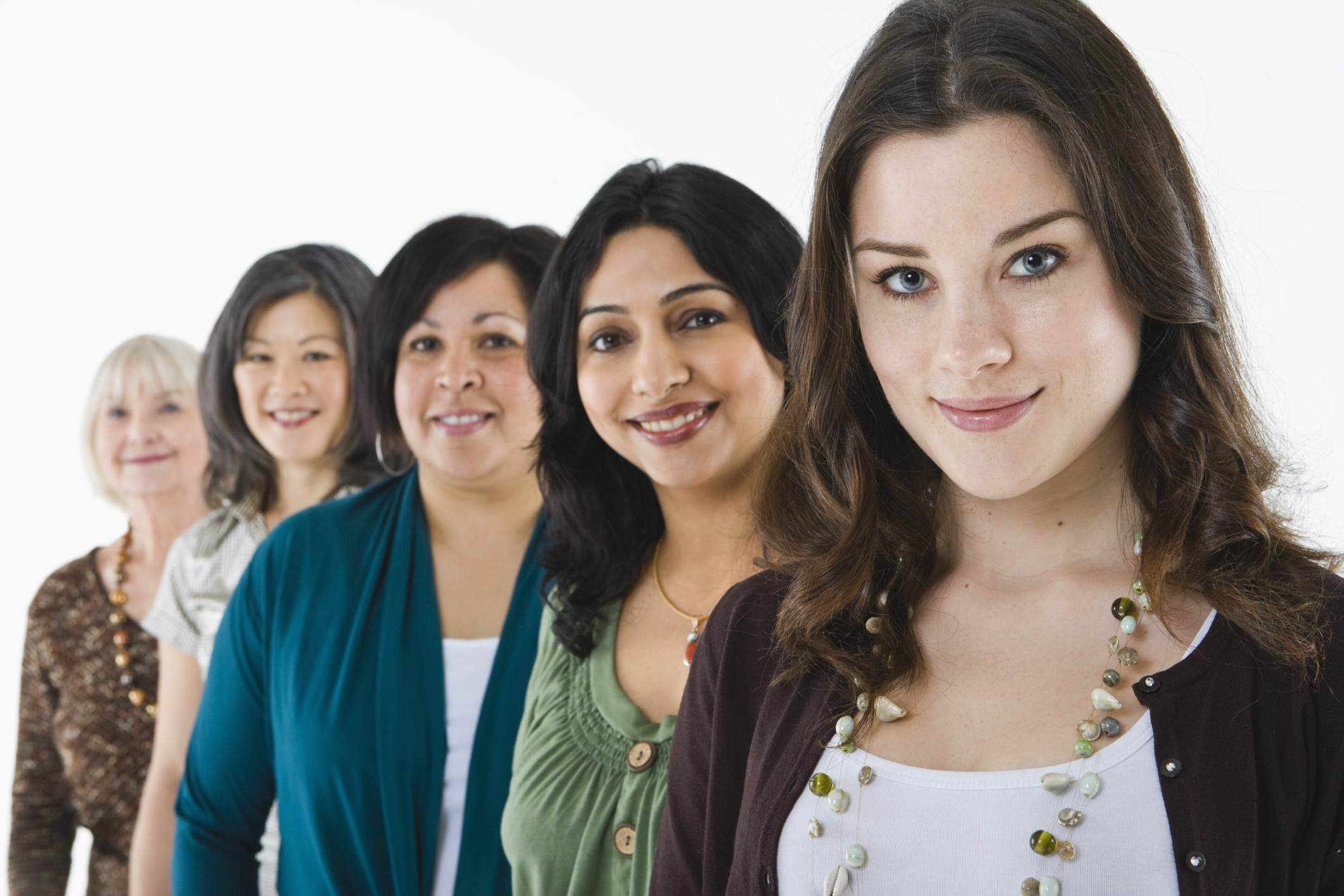
Prejudice: An Obstacle on the Path to Progress
In an interconnected and diverse world, it's surprising how prevalent prejudice still is. Judging a person without knowing them is not only unfair, but it also limits our experiences and opportunities.
In this reflection, I explore the main reasons behind prejudices, their negative impacts and propose ways to overcome them in order to move towards a more inclusive and equitable society.
Origins of Prejudice
- Fear of the Unknown
Fear is one of the deepest roots of prejudice. It is natural to distrust what we do not understand or those who are different from us. However, if we do not manage this fear, it can become an obstacle to coexistence. - Cultural stereotypes
Stereotypes are simplified and generalized beliefs about certain groups of people. These ideas, transmitted through culture, media and education, perpetuate distorted and often negative perceptions. - Personal Experiences
A negative experience with someone from a specific group can lead us to make unfair generalizations about all members of that group, fueling unfounded prejudices.
Negative Impacts of Prejudice
- Limitation of Opportunities
Prejudice closes doors before giving them the opportunity to open them. In the professional field, this translates into loss of talent, innovation and collaboration. - Erosion of Trust
Prejudice weakens human relationships. It generates distrust and resentment, making it difficult to build solid and genuine connections. - Inequality and Discrimination
It fuels inequality and reinforces discrimination, primarily affecting marginalized communities and perpetuating cycles of social exclusion.
How to Overcome Prejudice
- Education and Awareness
Education is key to breaking down prejudices. Programs that promote diversity and inclusion foster a deeper understanding of cultural and personal differences, helping to dismantle stereotypes. - Exposure to Diversity
Connecting with people from different backgrounds and cultures is a powerful tool for breaking down barriers. For this reason, I organize trips to extraordinary places with diverse people, but with a common purpose: to develop their capacity for empathy and overcome prejudices. Human diversity enriches us and broadens our vision of the world. - Self-Review and Reflection
It is essential to examine our own biases and work to overcome them. Although this introspection may be uncomfortable, it is essential for personal and social growth.
Individual and Collective Action
As individuals, we have a responsibility to challenge our prejudices and act to build a more fair and inclusive environment. This means valuing people for their skills and merits in the professional field, and opening ourselves to new perspectives in our personal lives.
Overcoming prejudice not only benefits those who are unfairly judged, but it also enriches our own lives. By embracing diversity, we open ourselves to a world full of ideas, cultures and opportunities.
I invite you to reflect on your own prejudices and take concrete steps to overcome them. Together, we can build a world where every person is valued and respected for who they really are.
Thank you for reading me,
Dr. Roch



